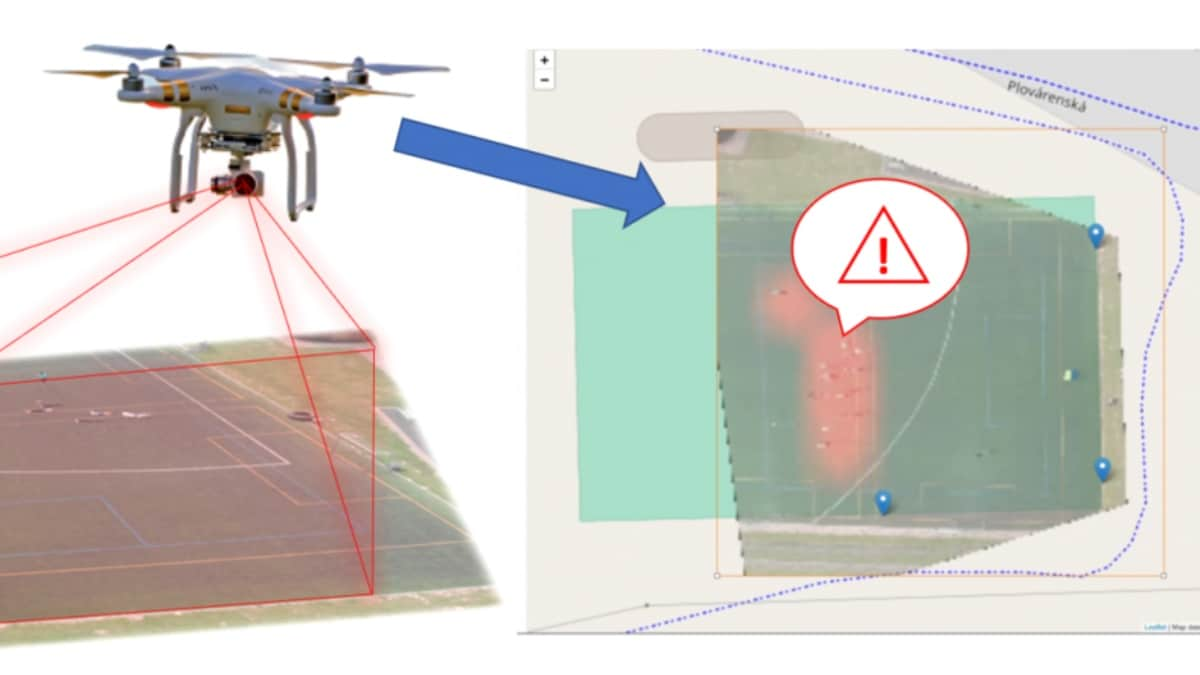Scientists Give ‘Brains’ to Drone System to Detect Abnormal Behaviour
Law enforcement agencies across the world are leveraging technology to equip themselves to stop crimes or improve their response time. Most of them are deploying drones to monitor large groups of people or a large area of interest with limited manpower. Though very useful, this technology is limited in one aspect: the ability to decide what’s normal and what’s not. They can only relay the footage to their handler who would decide what action is to be taken. So, a group of Czech scientists decided to give these machines the ability to figure out suspicious behaviour. They claim to have developed a surveillance system that analyses drone footage in a way similar to the human brain.
Developed as a joint research programme between the Brno University of Technology and the Police of the Czech Republic, this new system uses neural networks to decode data. In addition to surveillance and crowd control, it can also be used for traffic management, the scientists said.
David Bažout, a fresh graduate from the university’s Information Technology faculty, described how the system he and his colleagues have developed works. He told Radio Prague International that the drone footage is divided into smaller “cells.” The system then analyses and establishes a general picture of what is going on. It then develops a model of standard behaviour in the given environment and then compares the anomalies, if any, to report to the observer.
The big advantage of this system is it learns and executes the programme in real-time, removing the possibility of a loss of crucial time in developing a police response.
During the tests, scientists asked the system to observe football players on a pitch. Some of them were then suddenly told to lie on the ground. The system immediately alerted the observer about the anomaly, according to the report.
But there could be so many aberrations in a crowd as everyone is expected to behave differently. So Bažout and his team have given the system observer the option to set the sensitivity level.
The Czech police will now reportedly start their own tests to see the efficiency of this system, with the hope that it will allow its officers to reach a scene much faster.
For all the latest Technology News Click Here

